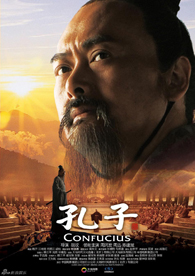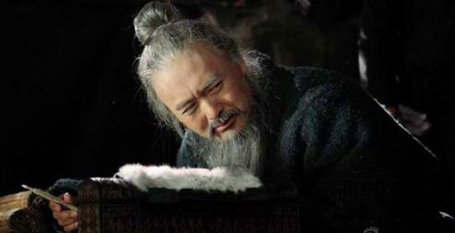
Someone somewhere is laughing uproariously at this biopic of Confucius, because its creators have dedicated themselves to depicting the historical Confucius and the political context of his thought, practically knocking the halo off the philosopher and his philosophy and probably even destroying the modern-day cult of personality that revolves around him. And it’s about time too.
The taut epic tells of the philosopher’s years as a late bloomer who receives his first court appointment at a ripe old age, the political machinations that lead to his exile, and his years of wandering in various kingdoms to spread his moral philosophy. It’s almost standard issue biopic, except that there is a very subtle subversiveness that pervades the film, making it far more watchable and entertaining than if everything were played straight.
For a biopic of the most important philosopher of Chinese culture, the movie in fact shows how the sage was constantly out-manoeuvred by his chief political opponent and antagonist (Chen Jianbin), who quotes Laotze as a political philosopher with Machiavellian relish. The sanctimonious Confucius even gets schooled in a very short but telling cameo by Zhou Xun as a Queen of Sheba type character!
Unlike the 1940 version of Confucius (which took a far more traditional approach to the sage), this historically-informed account places Confucius and his ideas in his time and place – making a point that in his day, he was seen as an political extremist with a very destabilising philosophy.
Even though it completely ignores the existence of several other competing schools of thought (and no philosophy exists or can be understood on its own), this film is worth watching for history buffs and performs an act of iconoclasm that has been long awaited.

